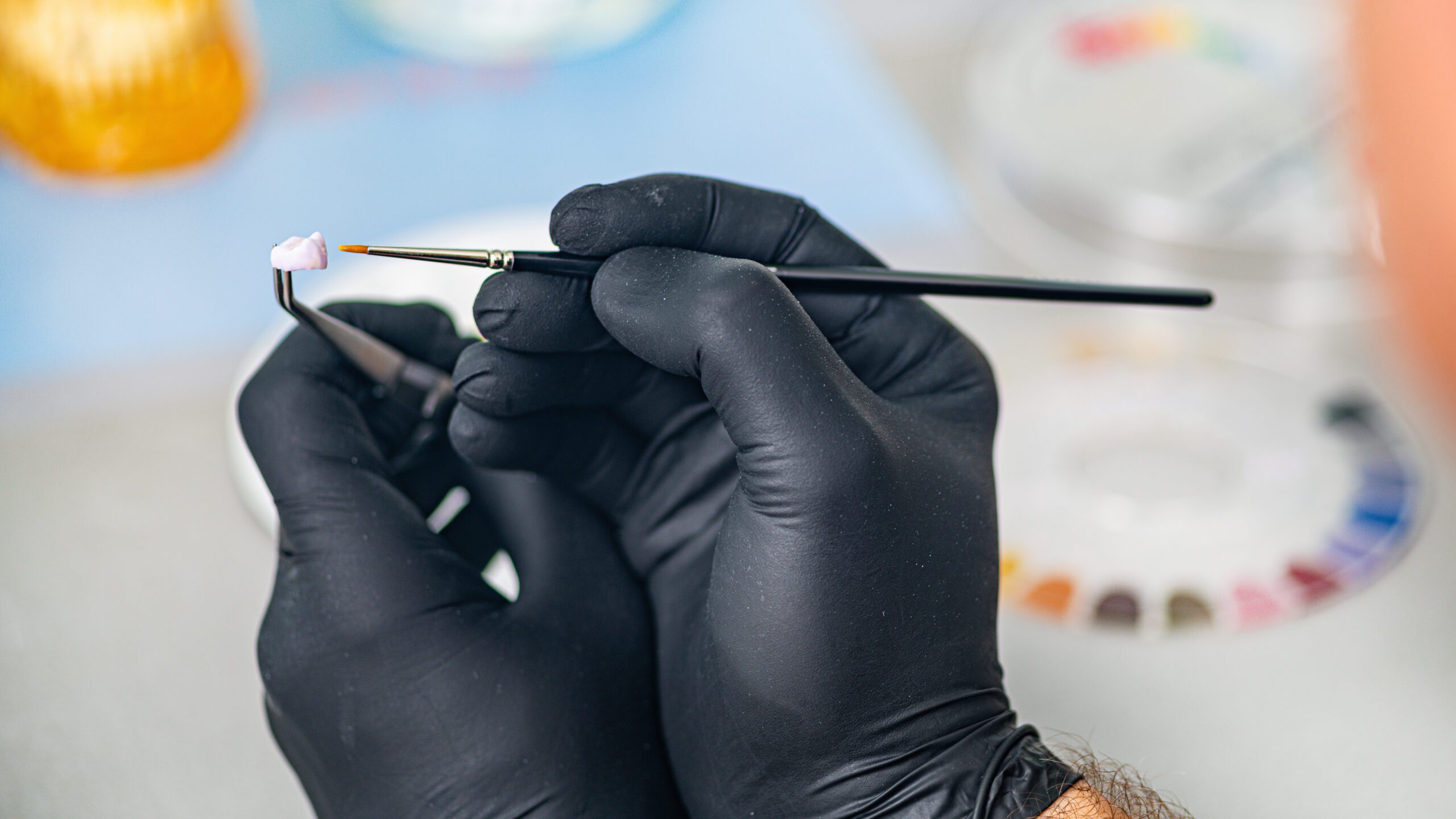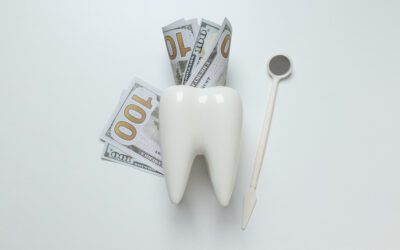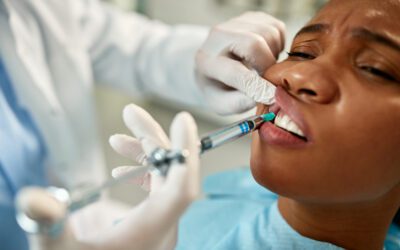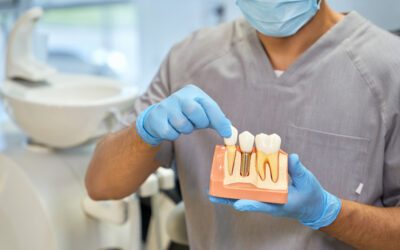Why would a dentist recommend a crown? Dental crowns are a common solution dentists recommend to address various tooth-related issues. They serve as a protective covering, encapsulating a damaged or weakened tooth and restoring its structural integrity. Patients can make educated decisions about their dental health by understanding the reasons behind a dentist's recommendation for a crown.
So, why would a dentist recommend a crown over another dental procedure? Some of the reasons include protecting a weak tooth from breaking, holding together parts of a cracked tooth, restoring a broken tooth, and covering a tooth with a large filling that has little of its original structure remaining. Additionally, crowns are used to cover dental implants and augment the aesthetic appearance of the teeth. Improved functionality and protection are some of the main goals of dental crowns, contributing to better oral health and overall well-being.
Why Would a Dentist Recommend a Crown in the First Place?
Tooth Restoration
A dental crown may be recommended to restore a tooth that is severely worn down, broken, or has a large filling with limited tooth structure remaining. Crowns help rebuild the natural tooth's shape and function, providing stability and strength.
Fracture Prevention
Dentists may recommend a crown to protect a weak tooth from breaking or to hold parts of a cracked tooth together. Placing a crown can help decrease the risk of further damage and preserve the tooth's integrity.
Post Root Canal Treatment
Why would a dentist recommend a crown after a root canal? After a root canal treatment, often a crown is recommended to protect and support the tooth. Root canal therapy can leave teeth more fragile and vulnerable to fractures. A dental crown can help strengthen the tooth and prevent future complications.
Dental Bridge Support
When a dental bridge is needed to replace missing teeth, crowns are commonly used to support and anchor the bridge in place. The crowns are typically placed over the teeth adjacent to the gap, known as abutment teeth. They are connected to the artificial tooth, providing a secure and stable foundation for the bridge.
Aesthetic Improvement
Why would a dentist recommend a crown for cosmetic reasons? Crowns are typically customized to match the shape, size, and color of natural teeth, improving the overall aesthetics of a person's smile. If the appearance of a tooth is significantly affected due to discoloration, malformation, or damage, a crown may be a suitable solution.
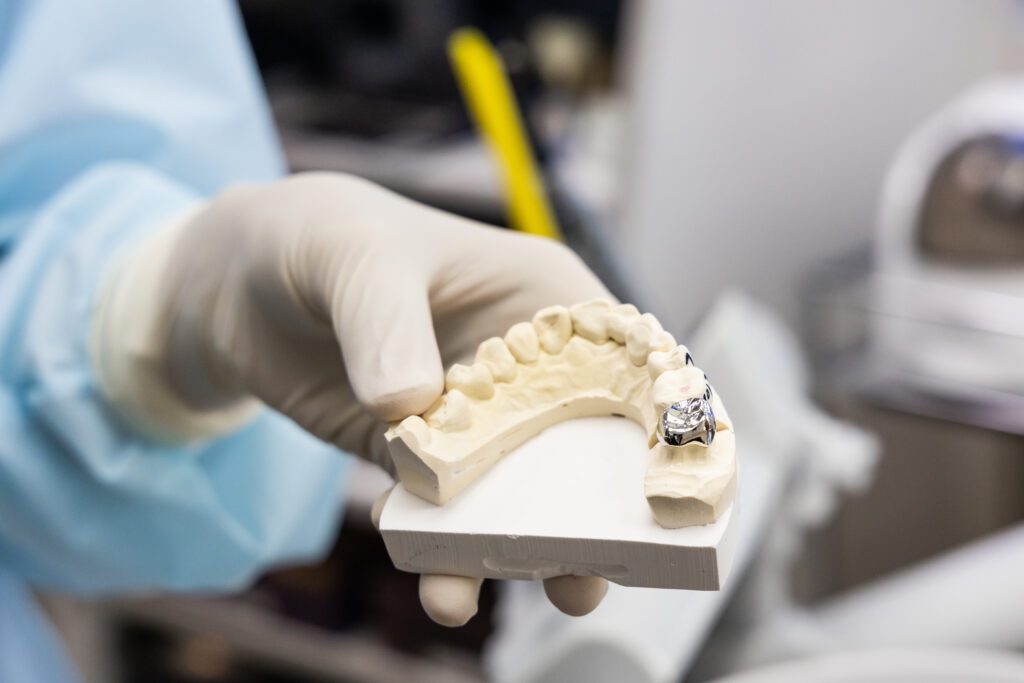
Why Would a Dentist Recommend a Crown of a Specific Type?
Dental crowns protect weak, damaged, or decayed teeth while restoring their function and appearance. There are numerous types of dental crowns, each having its unique properties and applications.
Metal Crowns
Metal crowns are durable and robust, making them an excellent choice for back teeth that require significant chewing force. These crowns are typically made from metals such as gold, platinum, or metal alloys.
| PROS | CONS |
| High durability and strength | Visible metal color is not aesthetically appealing |
| Long-lasting | May cause allergic reactions in some patients |
| Minimal tooth reduction required |
Porcelain-Fused-to-Metal Crowns
Porcelain-fused-to-metal (PFM) crowns blend the strength of metal with the natural appearance of porcelain, making them a popular choice for those who want durability and aesthetics. Specifically, why would a dentist recommend a crown made of porcelain fused to metal? The metal base provides support, while the porcelain coating matches the color of the surrounding teeth.
| PROS | CONS |
| Good balance of strength and aesthetics | Porcelain may chip, revealing the metal underneath |
| More affordable than all-ceramic crowns | Possible metal allergies |
| Increased tooth reduction required |
All-Ceramic Crowns
All-ceramic crowns are made solely of ceramic material and have become increasingly favored due to their natural appearance and biocompatibility. They are especially suitable for front teeth, where aesthetics are a priority. In addition, modern ceramic materials have improved strength and durability.
| PROS | CONS |
| Highly aesthetic, mimicking natural tooth color | Not as strong as PFM or metal crowns |
| Biocompatible and low risk of allergies | More costly than other crown options |
| Increased tooth reduction required |
Composite Resin Crowns
Composite resin crowns are made from tooth-colored composite resin material, which can be shaped and polished to match the appearance of natural teeth. These crowns are a more affordable option but may not be as durable as other crown types.
| PROS | CONS |
| Affordable | Less durable than metal or ceramic crowns |
| Decent aesthetics | Prone to staining and wear |
| Minimal tooth reduction required |
Procedure for Placing a Dental Crown
Tooth Preparation
The first step in placing a dental crown involves preparing the tooth. The dentist will administer anesthesia to numb the tooth and surrounding gum tissue. Next, the tooth getting the crown is reshaped to accommodate the crown. This process may involve removing a portion of the tooth or building it up with filling material if it is not structurally sound.
Impression and Temporary Crown
Once the tooth is reshaped, the dentist takes an impression of the prepared tooth and adjacent teeth. The impression is then sent off to a dental lab to fabricate the custom crown. Meanwhile, a temporary crown is placed over the prepared tooth for protection while the permanent crown is being fabricated. Temporary crowns are normally made of stainless steel or acrylic and serve as a temporary solution until the final crown is ready.
Crown Fabrication
At the dental lab, technicians use the impression to create a model of the patient's tooth. The crown is then fabricated using materials such as metals, porcelain, resin, or ceramics, depending on the dentist's recommendation and the patient's needs. Usually, this process takes two to three weeks.
Final Crown Placement
Once the permanent crown is ready, the patient returns to the dental office for the final placement. The dentist removes the temporary crown and then checks the fit and color of the permanent crown. If all is satisfactory, the permanent crown is cemented in place. The dentist will then provide aftercare instructions to ensure the success and longevity of the dental crown.
Maintaining a Dental Crown
Dentists recommend dental crowns for a variety of reasons, such as protecting a weak tooth, restoring a broken tooth, or supporting a tooth with a large filling. Once a dental crown has been placed, it's essential to maintain it properly. This maintenance involves good oral hygiene practices, regular dental check-ups, and avoiding damaging habits.
Oral Hygiene Practices
Proper oral hygiene is vital to ensuring the longevity of a dental crown. Some tips for maintaining good oral health at home include:
-
-
- Brush your teeth at least twice everyday with a soft-bristled toothbrush and fluoride toothpaste.
- Remove plaque and food debris by flossing every day between each tooth and along the gum line.
- Rinse with an antibacterial mouthwash to help prevent plaque buildup, gum disease, and bad breath.
-
Regular Dental Check-ups
Regular dental visits are crucial for maintaining both your dental crown and overall dental health. A professional check-up typically involves:
-
-
- Examining the dental crown to ensure it is still securely in place and functioning as intended.
- Checking the surrounding teeth, gums, and other dental hardware for any signs of damage or decay.
- Cleaning and polishing the crown to remove plaque and stains, keeping it looking its best.
-
Avoiding Damaging Habits
Certain habits can cause damage to a dental crown or the surrounding teeth. Avoiding these behaviors is essential for preserving the longevity and effectiveness of your dental crown:
-
- Avoid biting on hard things such as ice, pen caps, or hard candy, as this can cause cracks or fractures in the crown.
- Never open packages or bottles using your teeth, which can result in damage to the crown or the neighboring teeth.
- Be cautious when consuming foods that are excessively sticky, as these can potentially dislodge the crown.

Pros and Cons of Dental Crowns
Advantages
Dental crowns serve several purposes, which makes them a popular choice among dentists for restoring damaged teeth. So why would a dentist recommend a crown? Durability is one of their main advantages; crowns typically last for 5-15 years, increasing patient satisfaction with the treatment. They also improve the tooth's overall appearance, as they cover and restore the tooth's shape and size.
Functionality is another advantage, as dental crowns protect weakened teeth and prevent further damage, leading to a healthier oral environment. Additionally, dental crowns come in various materials, including metals, porcelain, resin, and ceramics, offering both strength and aesthetics to cater to individual patient needs.
Disadvantages
Despite the many benefits, dental crowns do have some drawbacks. One potential issue is the requirement to remove a significant portion of the tooth structure to make way for the crown. This removal can result in sensitivity, discomfort, or even the need for a root canal in some cases.
The procedure's cost can also be a disadvantage, as dental crowns are generally more expensive than other restoration options, such as fillings. Additionally, crowns require a more extended dental visit, usually involving at least two appointments to complete the process.
Lastly, although dental crowns are generally durable, certain factors such as teeth grinding, nail-biting, and chewing on hard objects can shorten their lifespan. To ensure the longevity of dental crowns, it is essential to observe good oral hygiene practices and protect the crown from excessive stress or damage.

